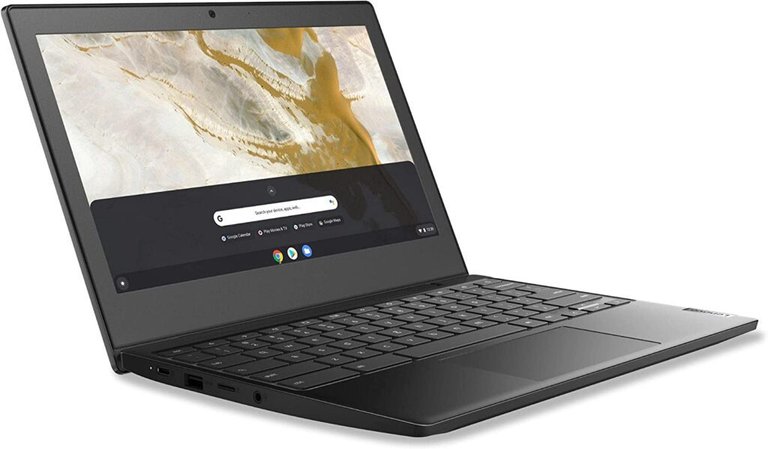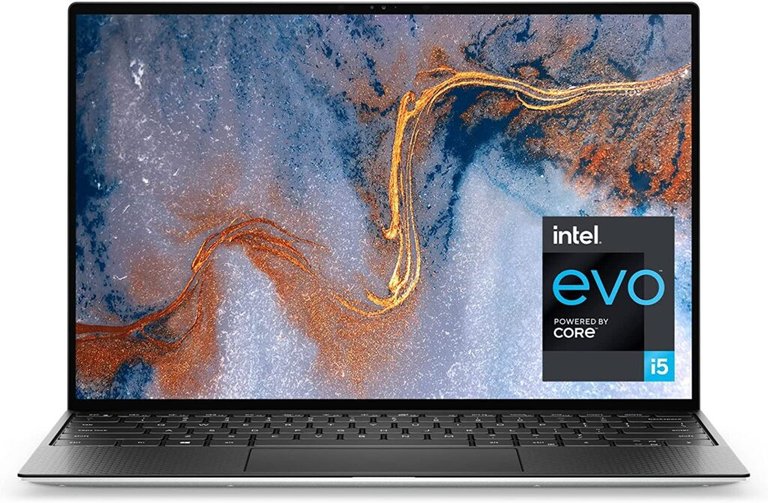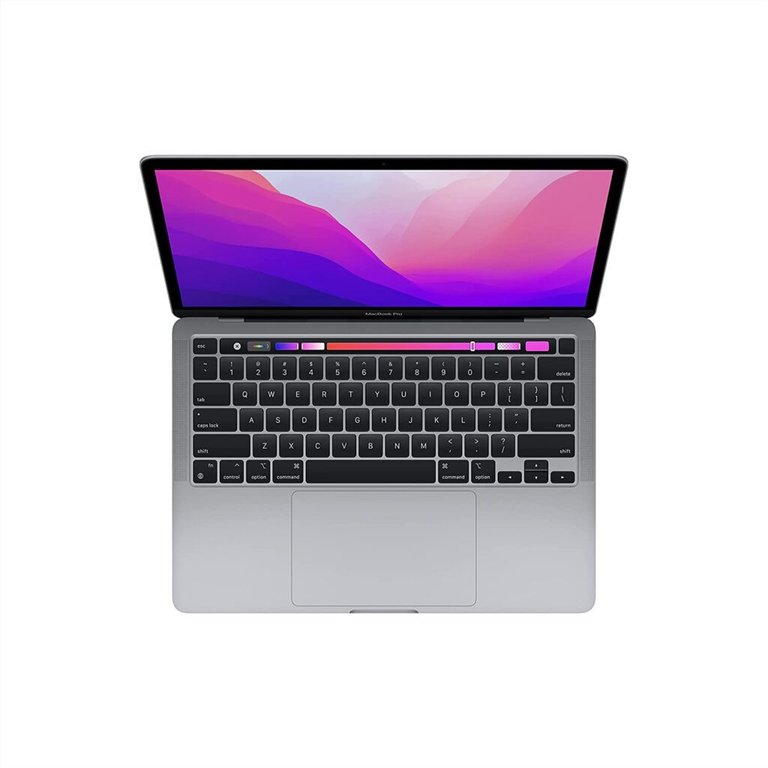When it comes to laptops, there are many different brands to choose from, and each one offers its own unique set of features and capabilities. But for researchers, choosing the right laptop brand is crucial for staying productive and advancing their research. In this blog post, we will take a look at some of the best laptop brands for researchers, based on different needs and budget.
Lenovo IdeaPad 3

For researchers on a budget, Lenovo is one of the best laptop brands to consider. The Lenovo IdeaPad 3 is a budget-friendly laptop that still offers great performance. This laptop is powered by an Intel Celeron 4020 processor and has 4GB of RAM, making it perfect for basic tasks such as web browsing, document editing, and email. It also has a 14-inch display and a battery life of up to 7 hours, making it a great option for researchers who are always on the go.
HP Stream 14

Another budget-friendly laptop brand is HP. The HP Stream 14 is a great option for basic tasks such as web browsing and document editing. It is powered by an Intel Celeron N4000 processor and has 4GB of RAM, it also has a 14-inch display and a battery life of up to 14 hours, making it an excellent option for researchers who need a laptop that can last all day.
Dell XPS 13

For those looking for a more powerful laptop, Dell happens to be one of the great laptop brands to consider. The Dell XPS 13 is a great option for more demanding tasks such as data analysis and programming. It is powered by an Intel Core i5-1135G7 processor and has 8GB of RAM, it also has a 13-inch display and a battery life of up to 11 hours, making it a great option for researchers who need a laptop that can keep up with their demanding workloads.
Apple MacBook Pro

Another powerful option is the Apple MacBook Pro, it is perfect for demanding tasks such as video editing and 3D modeling. The MacBook Pro is powered by an Apple M1 chip and has 8GB of RAM, it also has a 13-inch or 16-inch display and a battery life of up to 20 hours, making it an excellent option for researchers who need a laptop that can handle heavy workloads and still last all day.
Lenovo's ThinkPad X1 Carbon

For researchers who need a laptop that is built for durability, Lenovo's ThinkPad X1 Carbon is a great option. It is powered by an Intel Core i5-6300U processor and has 8GB of RAM, perfect for demanding tasks such as data analysis and programming. It also has a 14-inch display and a battery life of up to 15 hours, making it a great option for researchers who need a laptop that can keep up with their demanding workloads. But what sets the ThinkPad X1 Carbon apart is its durability. It has a carbon-fiber reinforced chassis and is built to MIL-STD-810G standards, making it resistant to extreme temperatures, drops, and vibration, making it perfect for researchers who work in challenging environments.
Razer Blade Pro

For researchers who need a laptop that is built for graphics-intensive tasks, Razer is a great brand to consider. The Razer Blade Pro is a great option for demanding tasks such as video editing, 3D modeling, and gaming. It is powered by an Intel Core i7-9750H processor and has 16GB of RAM, it also has a 17-inch display and a battery life of up to 6 hours, making it a great option for researchers who need a laptop that can handle heavy workloads and still last all day. The Razer Blade Pro also has an NVIDIA GeForce RTX 2080 graphics card which makes it an ideal choice for researchers who need to run heavy graphics software and simulations.
In conclusion, choosing the right laptop brand for researchers depends on their specific needs and budget. Budget-friendly brands such as Lenovo and HP are great for basic tasks, while more powerful brands such as Dell and Apple are better suited for demanding tasks such as data analysis and programming. Researchers should also consider factors such as durability and graphics capabilities when making their decision. It is important for researchers to assess their needs and budget before making a decision to ensure they get a laptop that will meet their requirements and help them to advance their research.